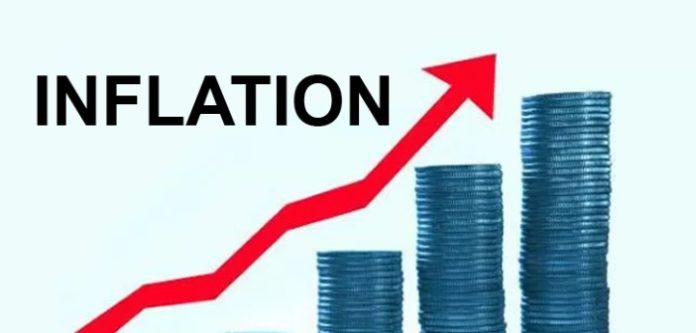Any significant utility tariffs hike could erode efforts to boost local businesses’ competitiveness and recovery from the economic crisis, says the Association of Ghana Industries (AGI) and Ghana National Chamber of Commerce and Industry (GNCCI).
The Public Utilities Regulatory Commission (PURC) has set July 15, 2022 as the date to announce new electricity and water tariffs for consumers. However, two of the country’s largest industrial and commercial associations are anxious that an unreasonable hike in utilities pricing could increase their cost of production, increase prices of homemade goods and services, and ultimately put local manufacturers on the brink.
Already, they say, domestic goods are playing second-fiddle to imports and any unreasonable hikes in electricity and water could further deepens the woes of producers that are already battling high utility costs, inflation and effects from depreciation of the cedi.
Whereas any upward adjustment would be deemed unacceptable and inimical to businesses by the GNCCI, the AGI on the other hand said it will welcome a reasonable review that does not put further burden on producers.
“Looking at the current economic situation with inflation at 29.8 percent, depreciation of the cedi, and tariffs already high relative to other countries in sub-Saharan Africa, any increment will be inimical to businesses,” said Mark Badu-Aboagye, Chief Executive Officer-GNCCI.
For him, the regulator should shelve plans to increase tariffs for now – until the economy stabilizes and businesses recover from the current crisis, as anything short of this could increase cost of production and weaken the competitiveness of local goods, leading to heightened inflation and unemployment.
“To me, they [PURC] should put any increment on hold for the economy to stabilize, because the timing is not right,” Mr. Badu-Aboagye explained. “Most businesses did not include tariff increments in plans for the year, so even a one percent increase will not be in their best interests.”
He said not increasing tariffs at this period of economic difficulties will aid in getting businesses to recover quickly and help correct some of the issues which have brought about the current challenges.
Explaining further, he said: “The structure of the economy is not good; we want to add value and export, so we think this is not the right time for tariff adjustments”.
The Electricity Company of Ghana (ECG) loses around GH¢3.2billion annually, and the two bodies said more efforts should be put into avoiding such huge losses rather than burdening consumers with new tariffs.
For AGI’s CEO, Seth Twum-Akwaboah, while factors like rising international crude oil prices and an unstable exchange rate mean tariffs will definitely be adjusted, it must be reasonable.
“The loss-making trend of our utilities is not sustainable, and we are of the view that they should operate in a competitive manner. So, we expect some adjustments in a reasonable way. It should be reasonable because the electricity cost component of production is already high here when you compare to other countries.”
Cross-subsidy
Both the GNCCI and AGI urged the regulator to bring to an end the practice of allowing industrial and commercial consumers to subsidize electricity for residential users – a practice known as cross-subsidy.
They said it adds extra cost to the production process, and as such runs contrary to international best practices.
“This time around, we must avoid cross-subsidy. Let’s charge industry the cost of providing them the service,” says Mr. Twum-Akwaboah.
Like Mr. Twum-Akwaboah, GNCCI’s CEO said: “Businesses subsidizing electricity for households should be reversed”.
The ECG and Ghana Water Company Limited are demanding a tariff increment of 148 percent for electricity and 344 percent for water respectively. The two utilities have cited exchange rate losses, inflation and pollution, among others, as reasons for their demands.
The regulator, PURC, is set to make an announcement of the proposed tariff increments on July 15, 2022 after reviewing them.




